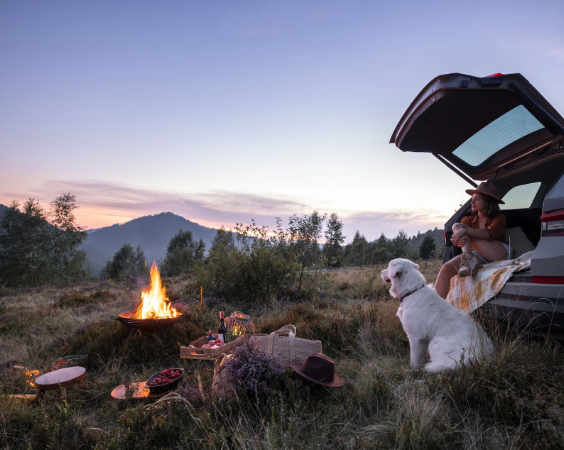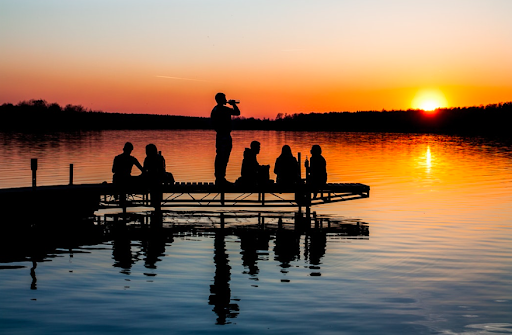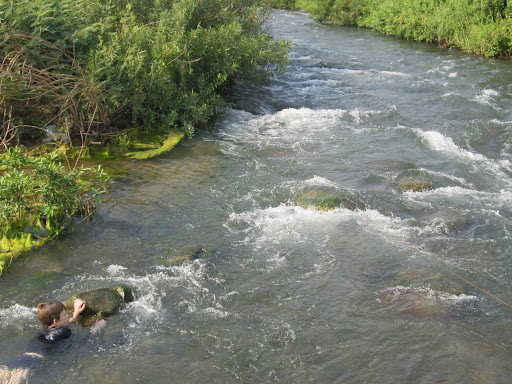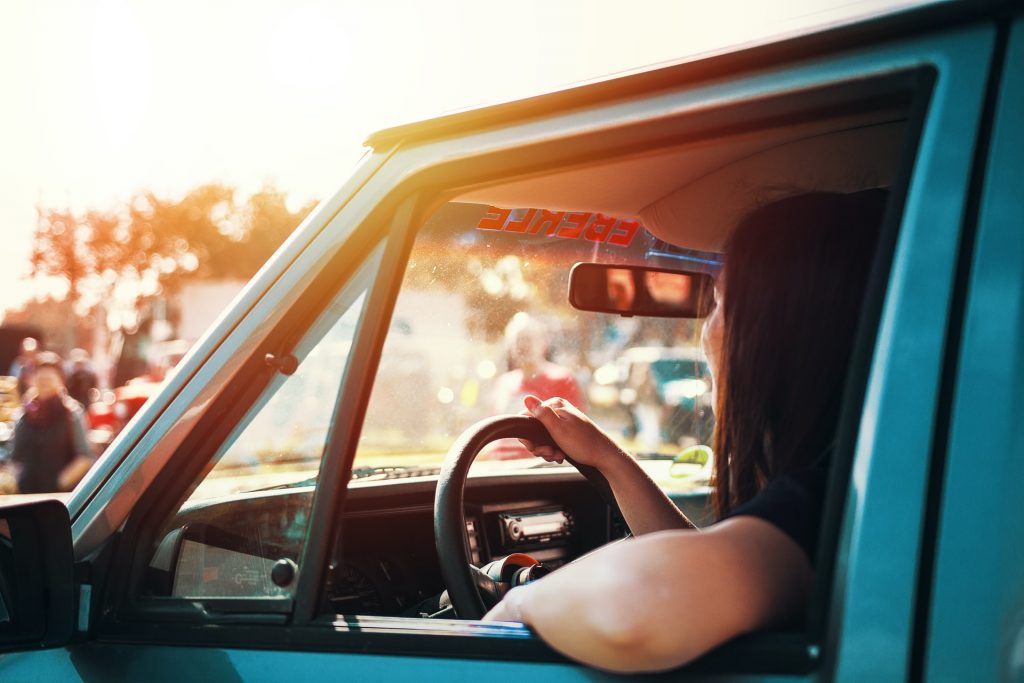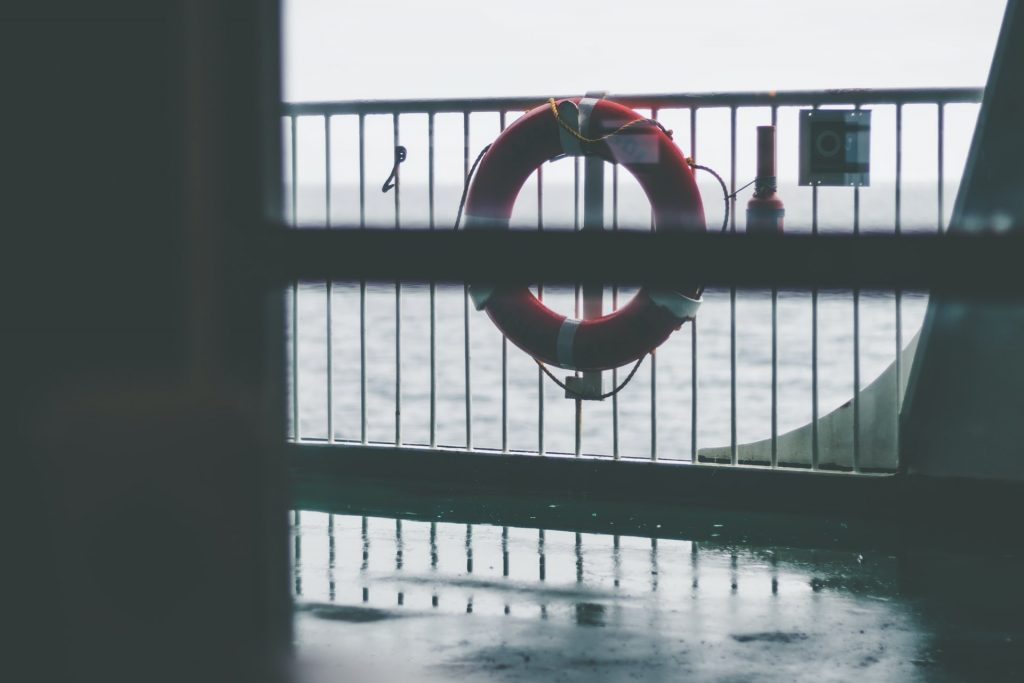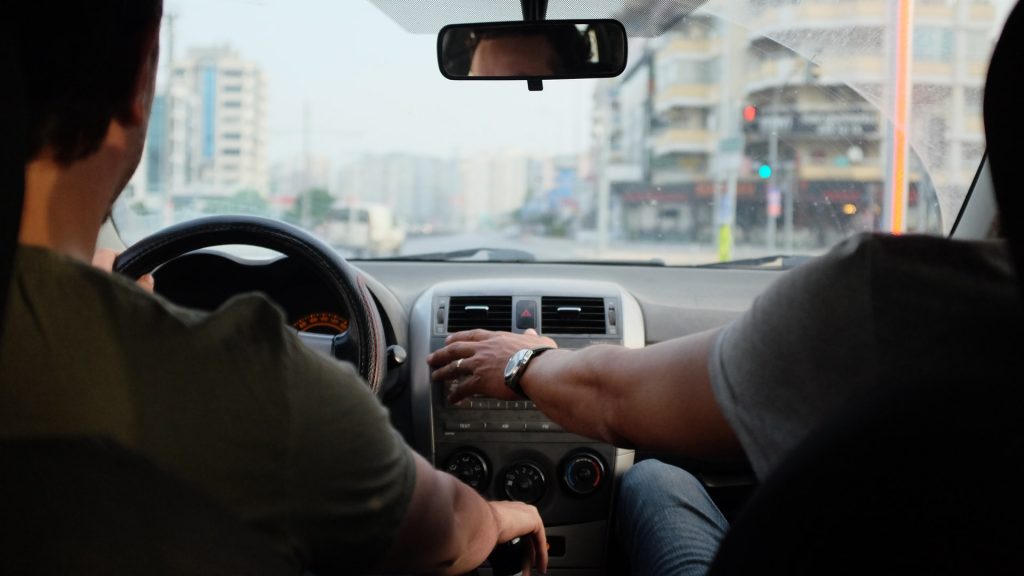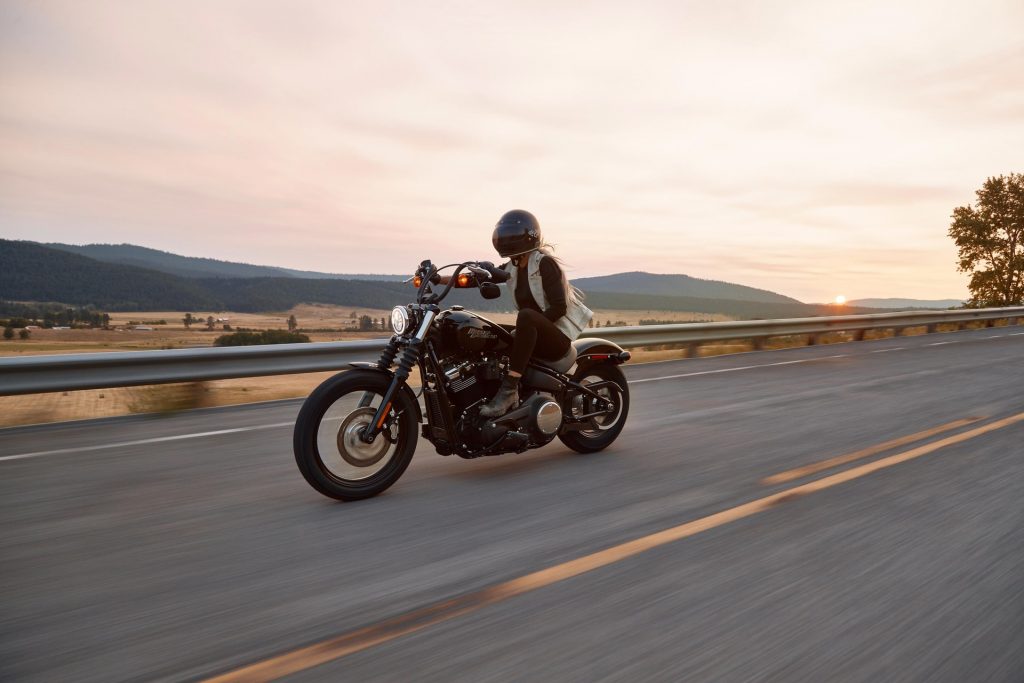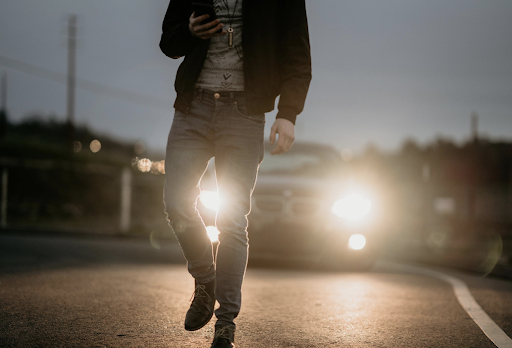Winter Driving Safety Tips for Teens
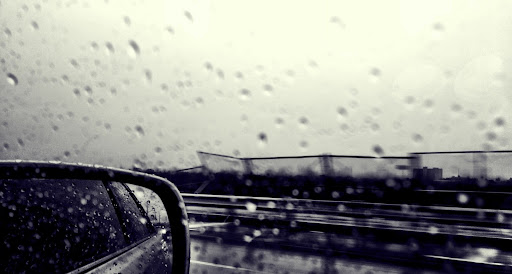
Winter presents challenges for even the most seasoned drivers, but especially for teens who are newly licensed or who are driving with parental supervision. Here are some winter driving safety tips outlined by the Car Connection, to help teens best navigate snowy, icy and slippery roads.
Stay home, if possible.
The best advice when the winter weather turns nasty is to stay home. This isn’t always possible, but remains the safest option to avoid potentially dangerous situations on the road.
Keep windshields and lights clear.
Visibility is critically important when driving in the winter. That’s because there’s less daylight hours and weather conditions often make it harder to see cars, people and other obstacles in front, alongside and behind the car. Make sure to clear off all windows, as well as headlights, taillights and parking lamps. Not only do you need to see what’s in front of you, but others need to see your vehicle as well. Keeping an ice scraper in the vehicle will make clearing windshields easier. Also make sure the windshield wiper fluid reservoir is full.
Remove snow from hood and roof.
While it may take a few minutes longer, be sure to clear off snow from the car hood and roof as well. That’s because the snow left on the roof will quickly fall forward, obscuring visibility.
Keep tires at proper inflation.
Nothing jeopardizes stopping and navigating icy, slushy and slippery roads more than poorly inflated tires. Make sure all tires are inflated to the pressure recommended by the vehicle manufacturer. Find this information in the owner’s manual or on a sticker on the driver’s door.
Always have at least a half tank of gas.
To avoid getting stranded by running out of gas, safety experts recommend always having at least a half tank of gas in the car. If the trip will be lengthy, make sure you have a full tank of fuel before starting out.
Stock a winter emergency kit.
Being prepared for the unexpected means taking precautions to have needed supplies in case of an emergency, like being stranded in a blizzard or having car trouble. Items to have on hand include blankets, coats, hats, flashlight, emergency flares, water, and nonperishable food items.
Keep your cell phone charged.
In case of an emergency, you’ll need to be able to call for help. Make sure your cell phone is charged so you can call when necessary.
Our lawyers at Harris Law have the experience to get you the compensation you deserve; we’ll even conduct our own investigation to determine who is at fault in a car accident.


